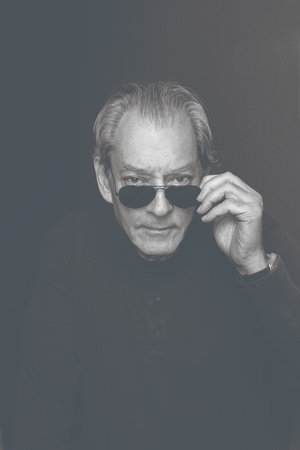Life From Another Angle
At first, it seems to be an unfolding of a story within a story. An alternative reality, wherein the made-up characters have to eliminate their own creator, Brill. But halfway through the book, the reader will realize that the alternative reality is not the story, but the bridge by which we must cross to better understand all the hurts this man in the dark conceals.
“I walked around with a feeling that my life had never truly belonged to me, that I had never truly inhabited myself, that I had never been real. And because I wasn't real, I didn't understand the effect I had on others, the damage I could cause, the hurt I could inflict on the people who loved me.”
There is a certain line that kept popping throughout the book, “life is horrible”. And yet, the stories inside tell otherwise. Life is many things, but never horrible, it would seem.
“At one time or another, every family lives through extraordinary events –horrendous crimes, floods and earthquakes, bizarre accidents, miraculous strokes of luck, and there isn't a family in the world without secrets and skeletons, trunkfuls of hidden material that would make your jaw drop if the lid were ever opened.”
There is one particular story that really touched me more than anything. Katya’s birth brought her grandparents together after years of separation. It took a blessing of another life for Sonia and August to take another chance together. It was the joy of looking at life from another angle, another inspiration.
This is a mere 180-page book, but like the rest of Auster’s book, it required a huge amount of contemplation. Like I tell my friends, an Auster book is slow sex; a quicky will not give the satisfaction it promised. Often, my mind would drift away to a time and place where the narrative hammered home a point. And those were the moments that count.
If there is anything I learned from this book, it’s that darkness is not a place to hide. It is a place to see things through, to let the story be told once and for all; because even amid darkness, we can take comfort in life’s simple joys.
“The only thing we can do is hope for the best.”
The story was so satisfying, it is definitely insane not to give it full marks and highly recommend it.
Thank you, Bennard for lending me your copy.
Book details:
Title: A Man in the Dark
Author: Paul Auster
Publisher: Picador
Published: May 2009
Genre: Metafiction
Genre: Metafiction
Rating: ★★★★★

















